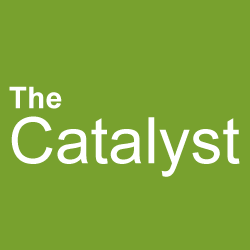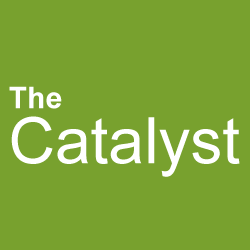 Many consumers are facing higher
deductibles and cost sharing – including for services likes prescription medicines – that create barriers to accessing needed care. And a new Kaiser Family Foundation/New York Times
medical bills survey released yesterday highlights the challenges
American households are having with medical bills even if they have insurance coverage. “Insurance plans have begun asking customers to pay an increasingly greater share of their bills out of pocket through rising deductibles and
co-payments,” The New York Times points out. We looked at the
prevalence of deductibles for medicines in commercial health plans in recent a post here.
Many consumers are facing higher
deductibles and cost sharing – including for services likes prescription medicines – that create barriers to accessing needed care. And a new Kaiser Family Foundation/New York Times
medical bills survey released yesterday highlights the challenges
American households are having with medical bills even if they have insurance coverage. “Insurance plans have begun asking customers to pay an increasingly greater share of their bills out of pocket through rising deductibles and
co-payments,” The New York Times points out. We looked at the
prevalence of deductibles for medicines in commercial health plans in recent a post here.
The survey found among adults with private insurance having a high deductible plan was a significant predictor of medical bill problems. Those with deductibles higher than $1,500 for an individual or $3,000 for a family were even more
likely to report having medical bill problems than those with lower deductibles. Out-of-network bills also contributed to medical bill problems as 32 percent of insured adults who had problems with medical bills reported receiving care
from an out-of-network provider that insurance wouldn’t cover, and most were surprised to receive a bill. And among adults with insurance 75 percent say the out-of-pocket costs (copays, coinsurance or deductibles) were more than they
could afford.
In addition to the survey, a growing body of research continues to raise red flags around the implications of high cost sharing for patients and their ability to access affordable care even if they have insurance coverage. Here is what
others are saying about rising deductibles and out-of-pocket costs in health insurance plans:
-
“One reason, many experts said, is a gradual shift in the norms about the generosity of health insurance. In recent years, health plans have come with growing deductibles and narrowing networks of providers, provisions devised to
lower the cost of premiums. Those features have made health insurance accessible to a larger share of the population, but may also be leaving more insured Americans vulnerable.” –
The New York Times reporting on the new NYT/KFF survey.
-
“But for many consumers, the sticker shock is coming not on the front end, when they purchase the plans, but on the back end when they get sick: sky-high deductibles that are leaving some newly insured feeling nearly as vulnerable
as they were before they had coverage.” –
The New York Times reported in November.
-
The growing use and size of deductibles as a way to lower premiums “threatens to undermine the gains Americans have made in coverage since 2014.” –
The Commonwealth Fund report on the affordability of marketplace plans, featured in the
Boston Globe.
-
“More Americans have health insurance now than at any time in the past decade, but many are finding that even with coverage they cannot afford the deductibles, co-payments and surprise medical bills that come with using healthcare,”
the Miami Herald reported on the same
Commonwealth Fund study.
-
“The process can be daunting, because in addition to premiums, consumers have to consider variables like the deductible, cost-sharing, copayments, and a plan's provider network,” the
Associated Press reported following another recent
report from Kaiser Family Foundation.
For more information about the impact of high deductibles and other out-of-pocket costs check out our recent blog post. And visit
AccessBetterCoverage.org for more.



 Many consumers are facing higher
deductibles and cost sharing – including for services likes prescription medicines – that create barriers to accessing needed care. And a new Kaiser Family Foundation/New York Times
Many consumers are facing higher
deductibles and cost sharing – including for services likes prescription medicines – that create barriers to accessing needed care. And a new Kaiser Family Foundation/New York Times
